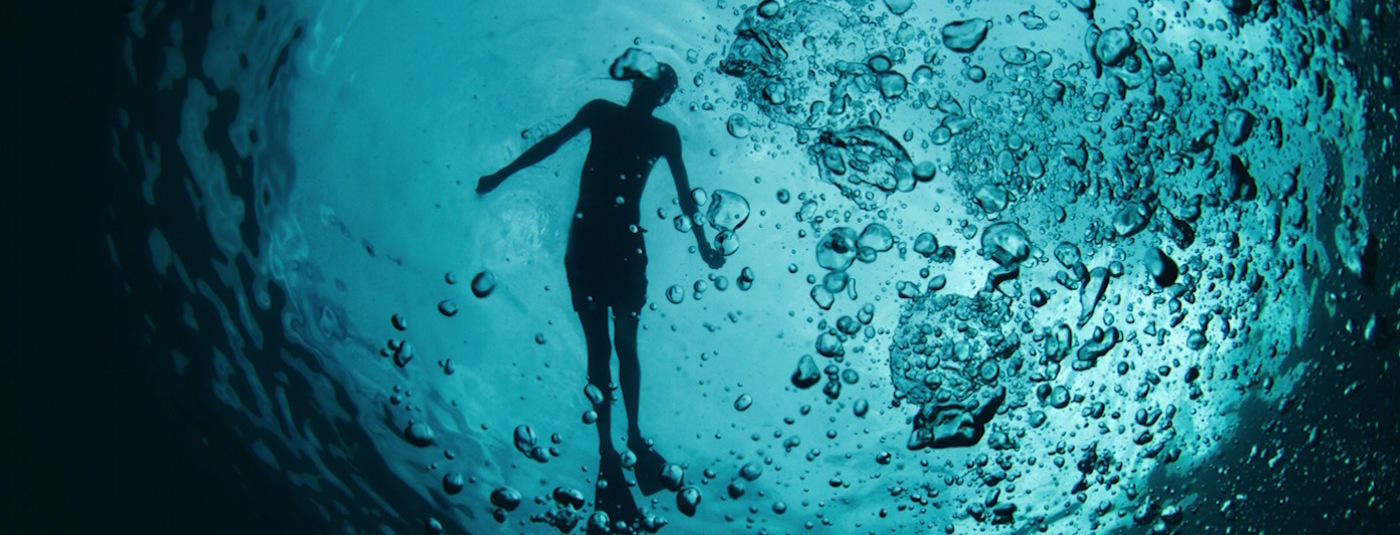
06.24.20
New EPA Regulation Weakens State and Tribal Ability to Protect Local Waterways
By Staley PromEarlier this month, the U.S. Environmental Protection Agency (EPA) issued a new rule that constricts states and tribes’ authority to protect waterways within their jurisdictions from projects that require federal licensing, like harmful oil and gas pipeline projects, and puts our coastal recreational waters at greater risk. The regulation applies to the Clean Water Act (CWA), the country’s preeminent water protection law. Specifically, it applies to Section 401 of the CWA, a critical component that safeguards marine and fresh-water environments, by requiring that an applicant for a federal license that may result in a discharge into U.S. waters obtain a water quality certification from a state, tribe, or in some cases, the EPA.
Under Section 401, states and tribes have the right to review a project application and an applicant must obtain a certification that the project complies with all applicable water quality standards, limitations, and restrictions. No federal license or permit may be issued until this Section 401 water quality certification has been issued.
A state or tribe has a “reasonable period of time” not to exceed one year from receiving an application to grant or deny a certification, or else waives its authority.
On June 1, 2020, the EPA issued the “Clean Water Act Section 401 Certification Rule,” purporting to clarify the process and timeframe, but which actually constricts state and tribal authority over certification requests.
The new rule allows the federal licensing agencies to determine what constitutes a “reasonable” period of time for a state or tribe to review an application. Furthermore, the new rule grants federal agencies the power to determine whether a state’s decision meets the procedural requirements of Section 401. Applicants must now make a pre-filing meeting request with the state or tribe, and then file a certification request containing certain information specified in the new rule (40 C.F.R. § 121.5). Under the new rule, once an applicant submits all required components, the one-year clock starts, regardless of whether or not the certification request is actually complete and contains all information necessary for the state or tribe to determine whether a project will comply with water quality standards. A state or tribe can no longer request that an applicant withdraw and resubmit an application in instances where the certifying authority still needs additional information to render a thorough and well-informed decision.
Further, the new rule improperly limits a state’s scope of review to the impacts of a project’s point source discharges into waters, instead of a licensed activity’s broader impacts, including the direct and indirect, long term and short term, upstream and downstream impacts, and impacts from a project’s construction and operation, including for example how a project would affect a waterway’s minimum in-stream flow requirements. Thus, the new rule reduces the state’s ability to render a fully informed decision by considering all impacts of a proposed project.
Accordingly, the EPA’s new rule diminishes state and tribal oversight over projects that critically impact state and tribe water resources. The objective of the CWA is “to restore and maintain the chemical, physical, and biological integrity of the Nation’s waters.” Further, the Act provides that “it is the policy of the Congress to recognize, preserve, and protect the primary responsibilities and rights of States to prevent, reduce, and eliminate pollution, [and] to plan the development and use (including restoration, preservation, and enhancement) of land and water resources…”. Plainly, Section 401 of the CWA intended to give authority to states and tribes to determine whether an application meets their minimum water quality certification standards.
Contrary to the purposes expressed in the Act, by rolling back states and tribes’ rightful authority of the Section 401 water quality certification process, the new rule potentially exposes marine and freshwater environments used for fishing, surfing, and swimming to environmentally detrimental projects.